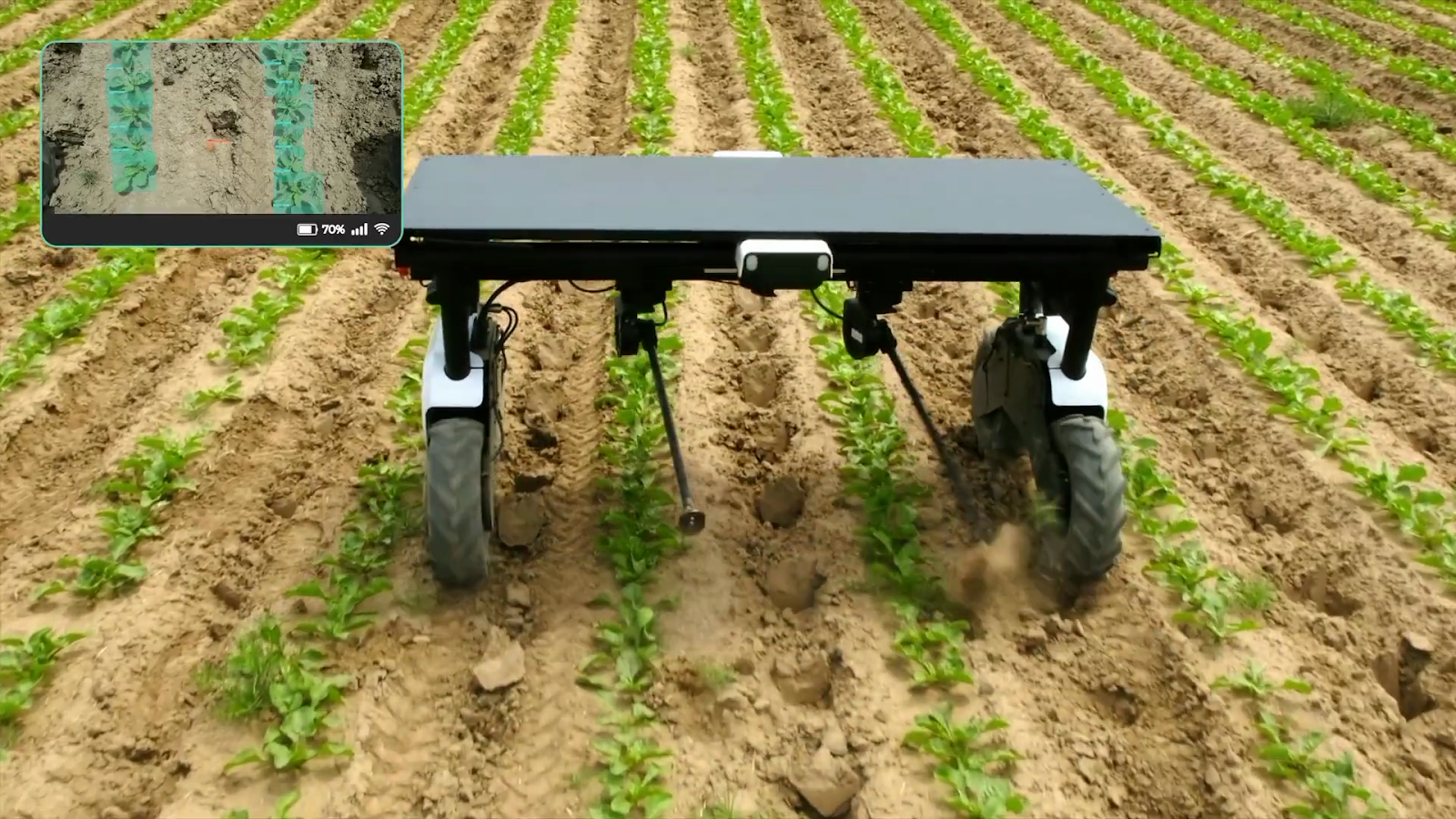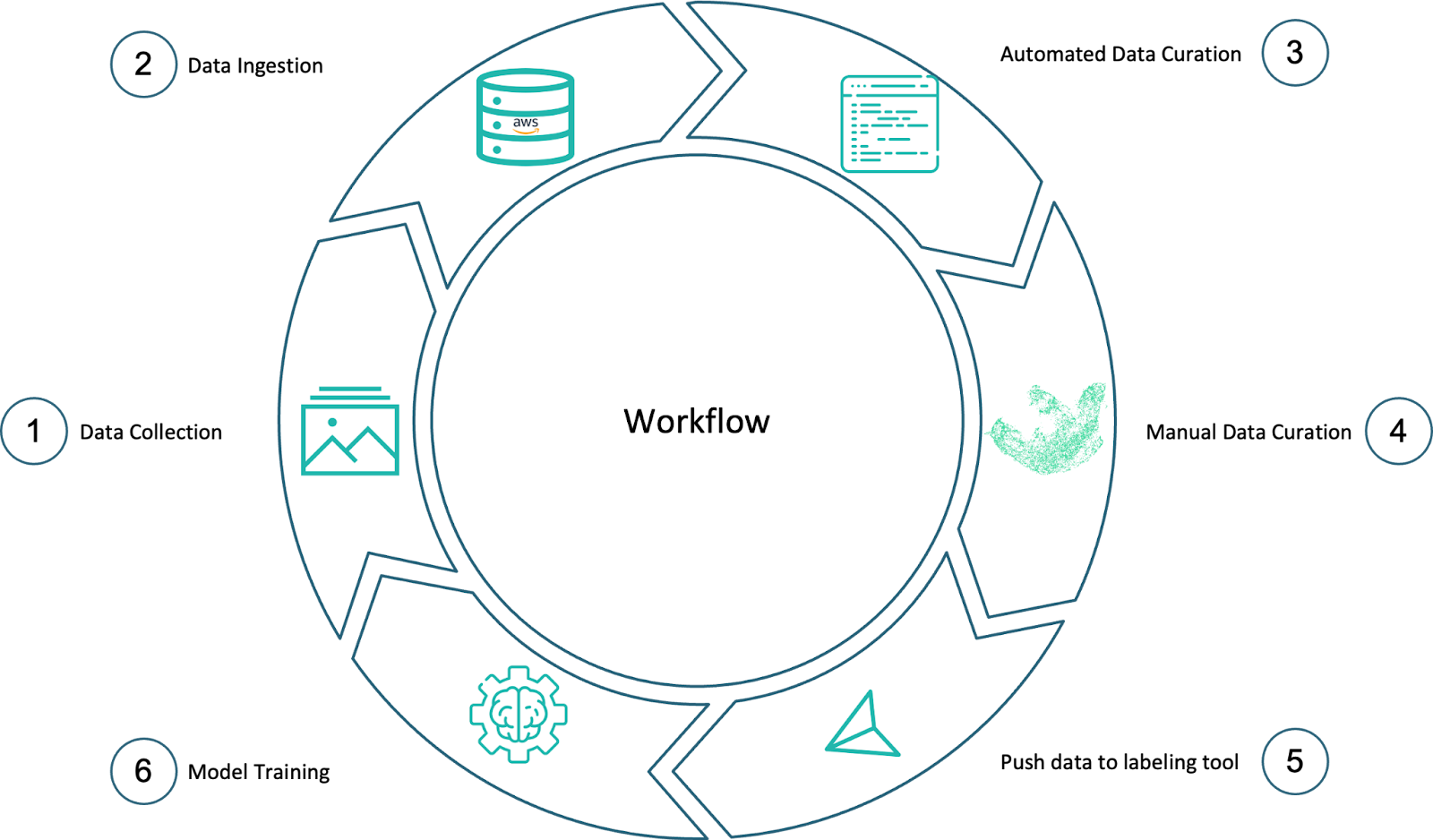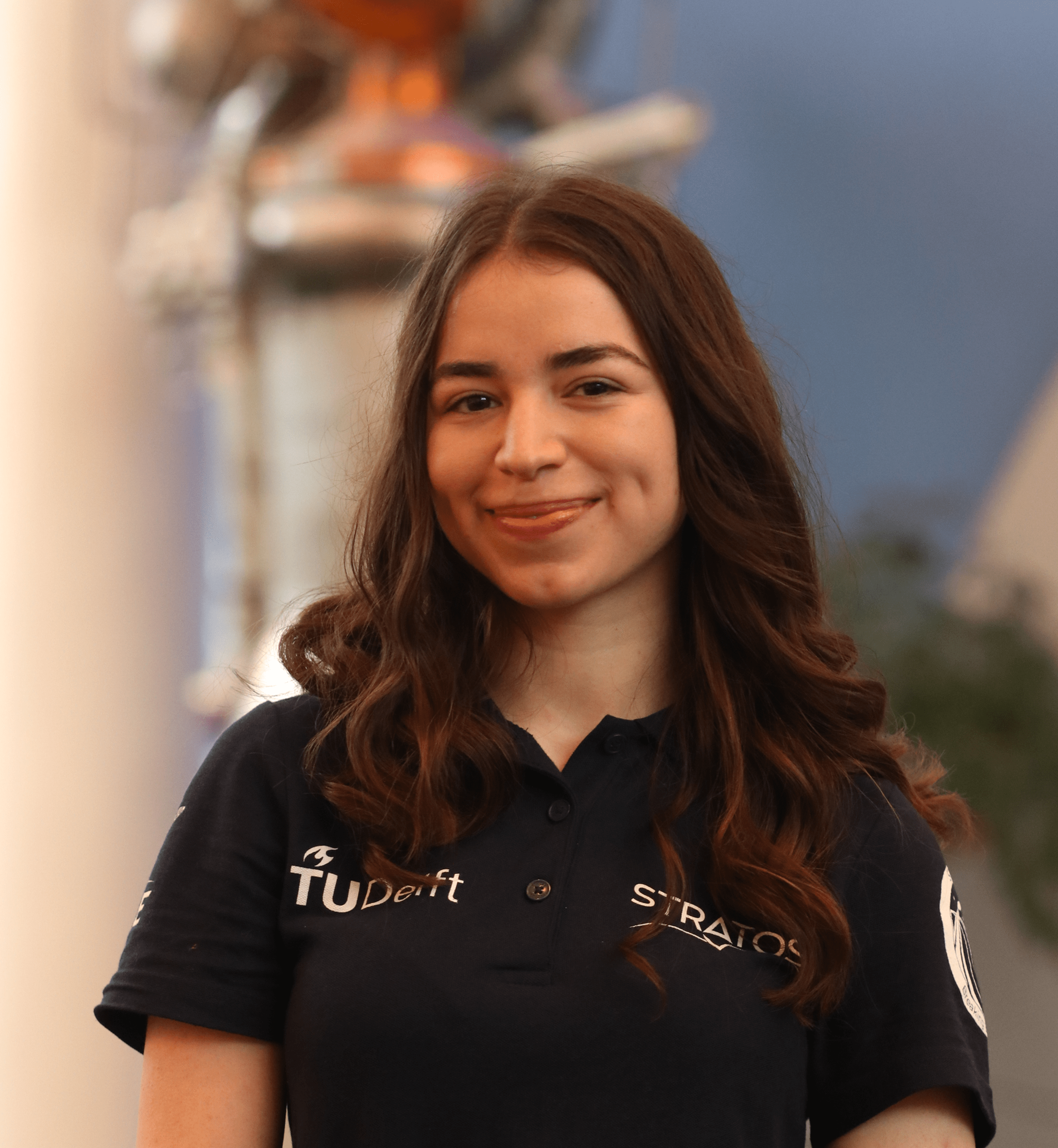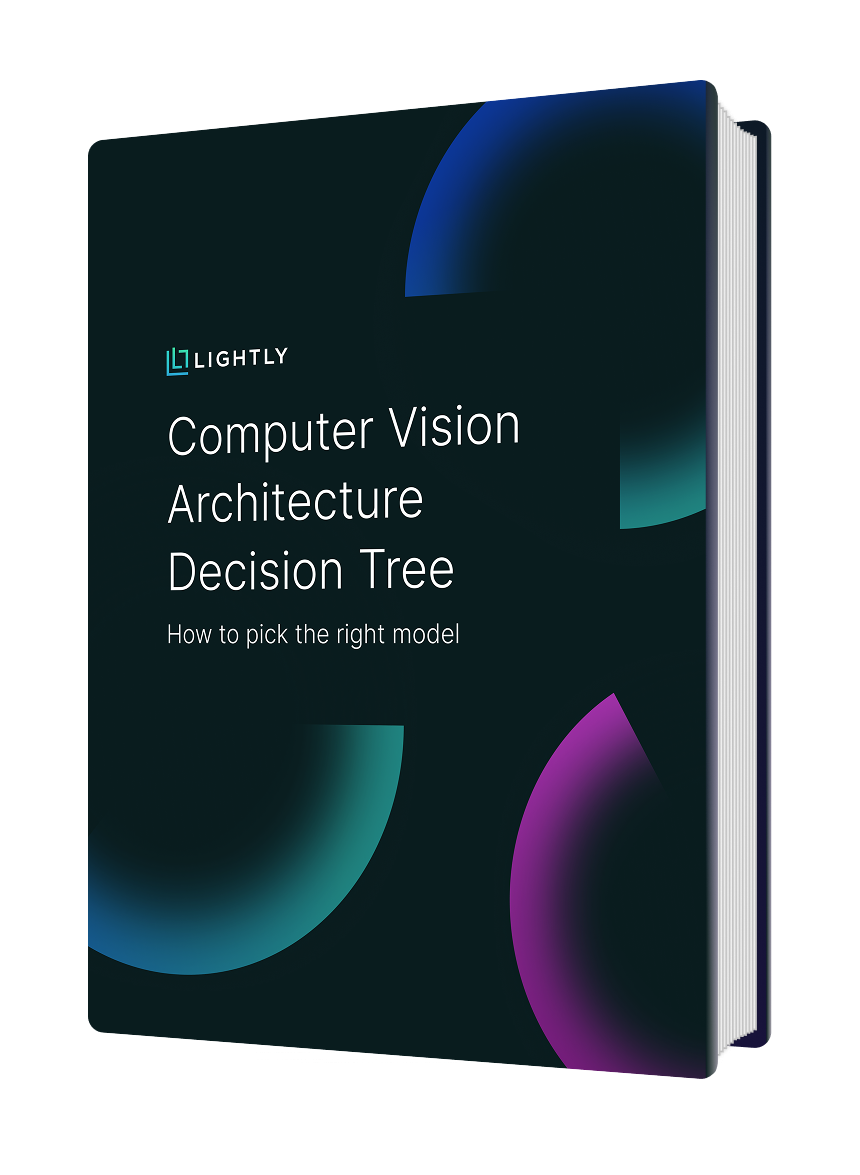Overall the collaboration with Lightly yielded remarkable improvements in Aigen's machine learning capabilities.
- 2x efficiency gains: The deployment process became twice as efficient
- 80% dataset size reduction: Through Lightly's smart data collection the total size of the dateset was reduced significantly saving data storage costs
These advancements mean Aigen's robots are now more effective in maintaining crop health without relying on chemicals or extensive human intervention.
Aigen achieved these improvements by employing a blend of automated and human-aided workflows. Initially, automated pipelines utilizing Lightly's data selection algorithms identified potential edge cases. Subsequently, the Lightly platform's user interface was employed for further refinement of this data before sending it to their labeling tool. This strategic approach significantly contributed to the overall efficiency and effectiveness of Aigen's technological solution in agriculture.


















.svg)





